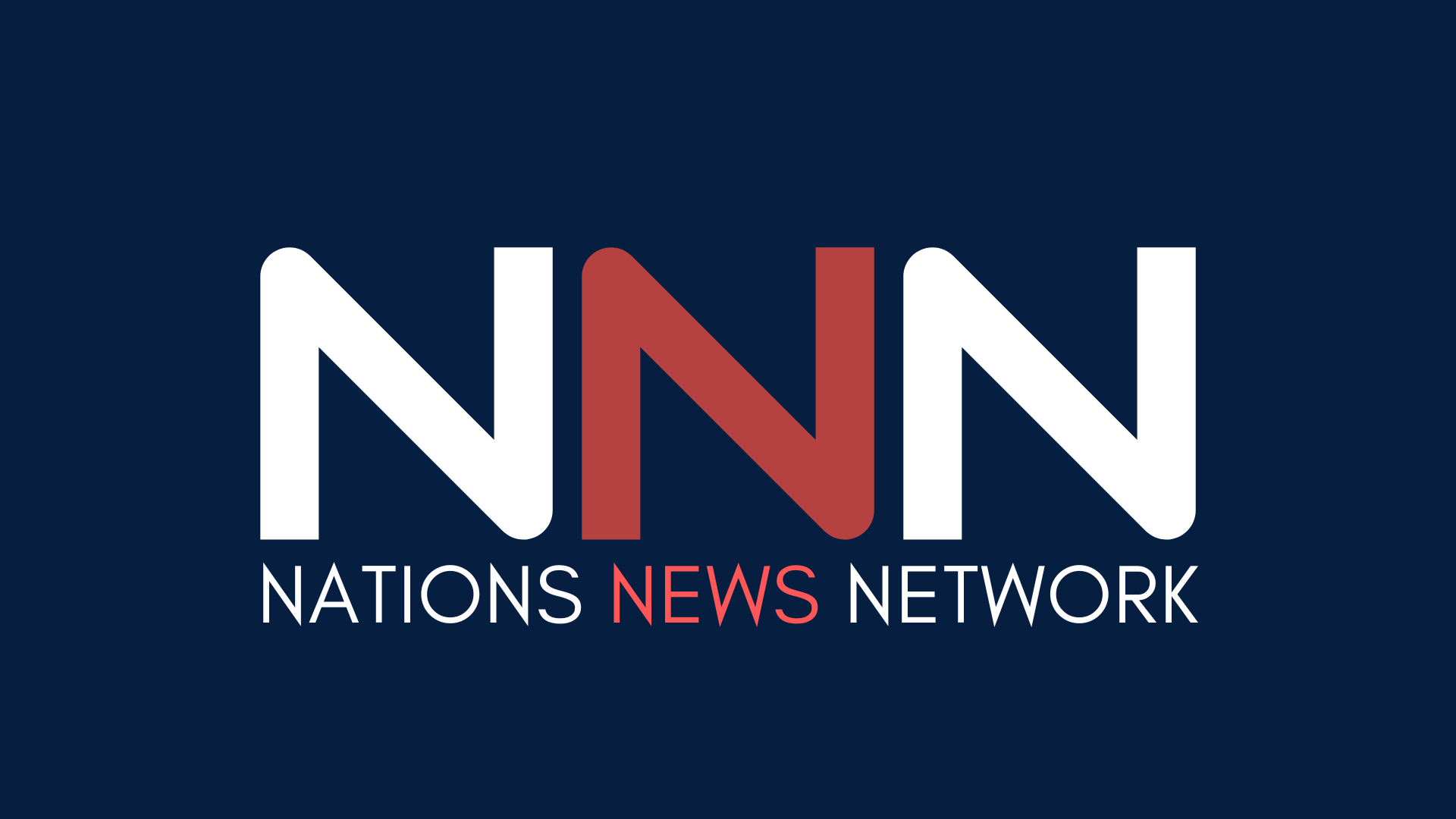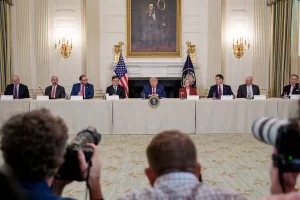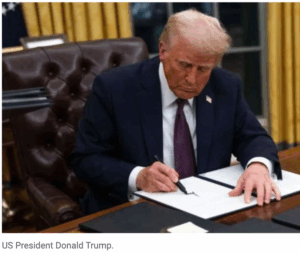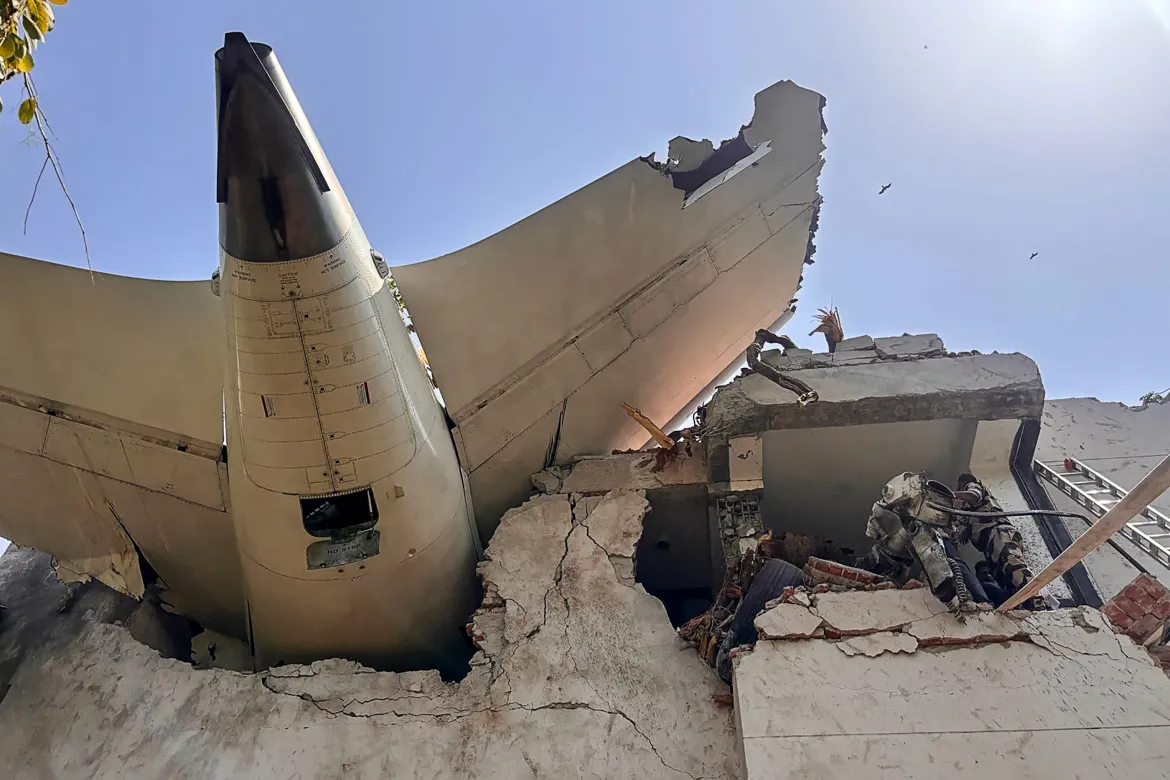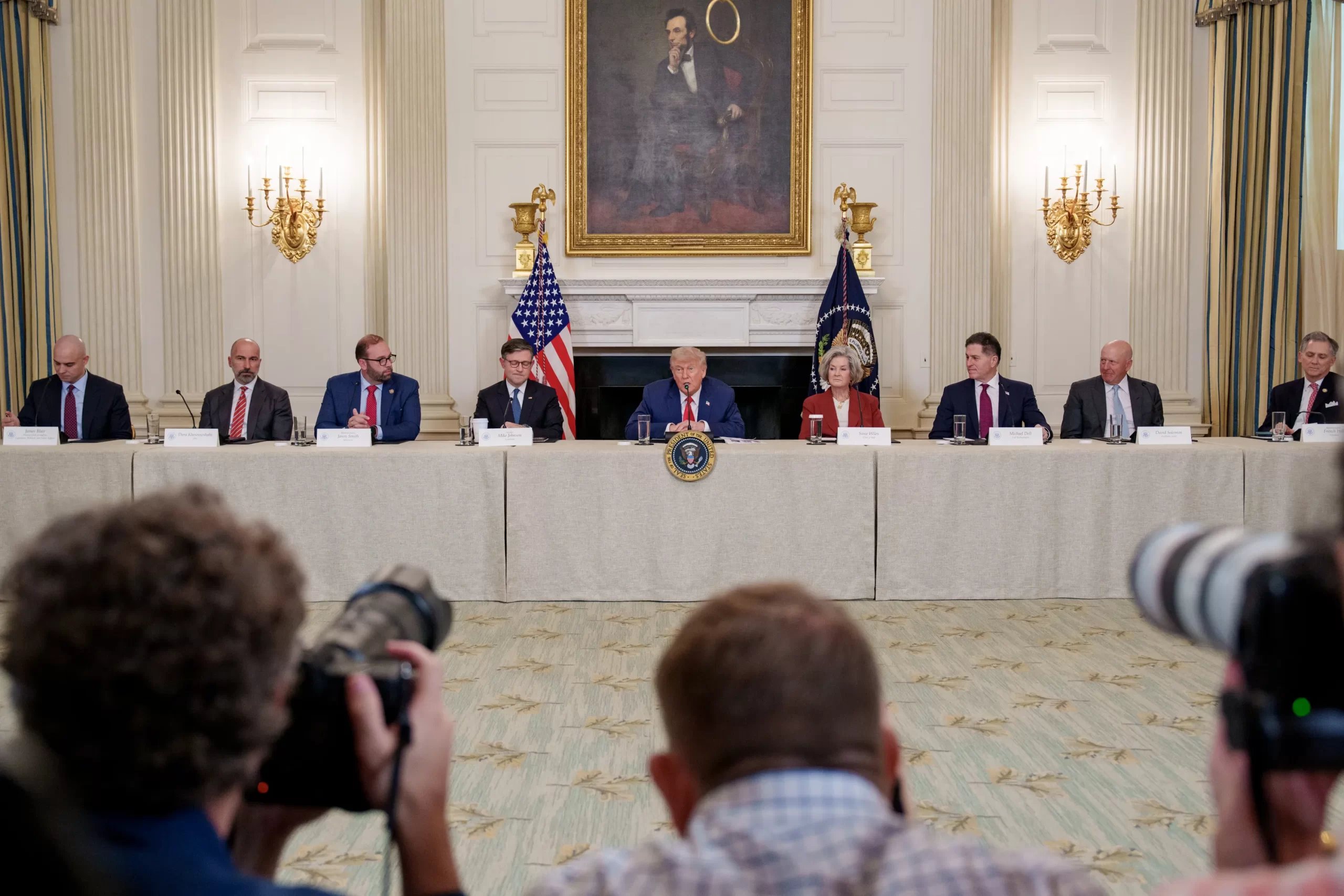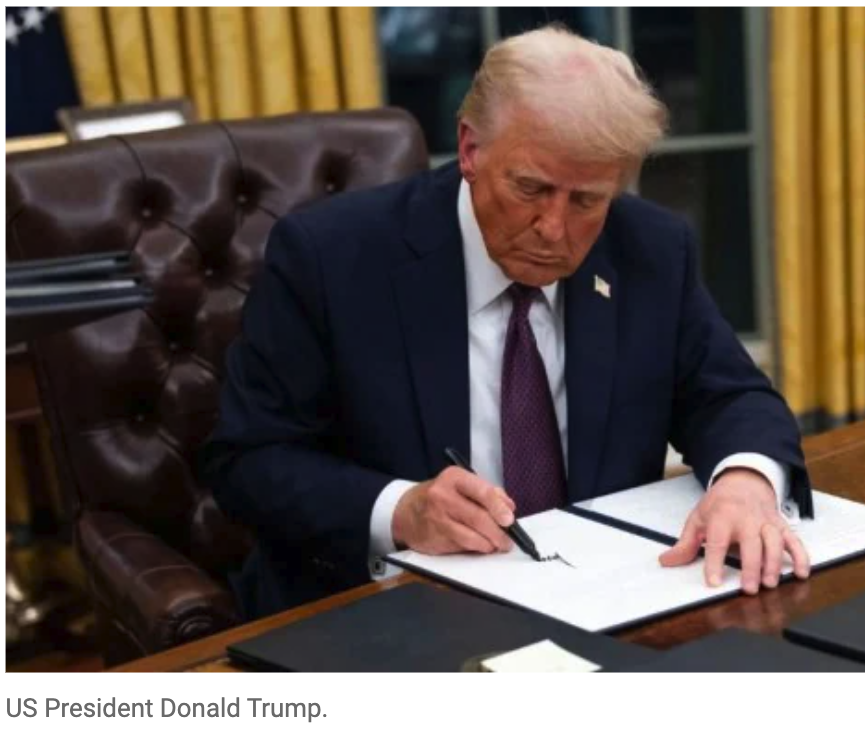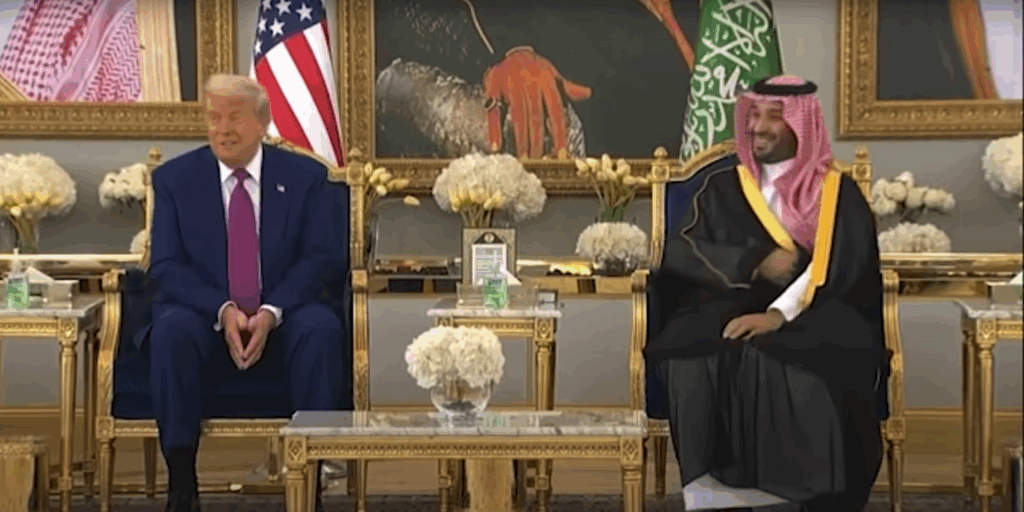May 15, 2025
DOHA, QATAR — The United States and Qatar have formalized a series of economic and defense agreements valued at over $1.2 trillion, aimed at strengthening bilateral trade, advancing technological innovation, and enhancing security cooperation. The deals, signed during a visit by U.S. President Donald J. Trump to Qatar, include a $243.5 billion package of commercial agreements, with significant contracts in aviation, energy, quantum technology, and defense.
Key Commercial Agreements
A major highlight of the agreements is a $96 billion deal between Qatar Airways, Boeing, and GE Aerospace for the purchase of up to 210 Boeing 787 Dreamliner and 777X aircraft, powered by GE Aerospace engines. This marks Boeing’s largest-ever widebody order and is expected to support approximately 154,000 U.S. jobs annually during production and delivery, contributing to over 1 million jobs over the course of the agreement.
In the energy sector, McDermott, a U.S.-based company, continues its partnership with QatarEnergy on seven projects worth $8.5 billion, focusing on offshore components for Qatar’s liquefied natural gas (LNG) expansion. These projects are anticipated to sustain thousands of U.S. jobs in the energy industry.
Parsons, another U.S. firm, secured 30 projects valued at up to $97 billion, spanning engineering and infrastructure development. These contracts are expected to drive growth in the U.S. engineering sector and support thousands of domestic jobs.
In technology, Quantinuum, a U.S.-based quantum computing company, signed a joint venture agreement with Qatar’s Al Rabban Capital. Qatar will invest up to $1 billion in quantum technology development and workforce training, fostering innovation and job creation in both nations.
Defense and Security Cooperation
The agreements also strengthen the U.S.-Qatar security partnership. Raytheon, an RTX business, secured a $1 billion contract to supply Qatar with counter-drone systems, marking Qatar as the first international customer for Raytheon’s Fixed Site – Low, Slow, Small Unmanned Aerial System Integrated Defeat System (FS-LIDS). This deal supports U.S. manufacturing and engineering jobs while advancing defense technology.
General Atomics signed a $2 billion agreement to provide Qatar with MQ-9B remotely piloted aircraft systems, enhancing Qatar’s military capabilities and reinforcing bilateral defense ties. Additionally, a statement of intent was signed to explore $38 billion in potential investments, including support for Al Udeid Air Base and advancements in air defense and maritime security.
U.S.-Qatar Trade and Investment
The U.S. and Qatar share a robust trade relationship, with a U.S. trade surplus of $2 billion in 2024. Total bilateral trade reached $5.64 billion, with U.S. exports to Qatar at $3.8 billion and imports from Qatar at $1.8 billion. Qatar’s investments in the U.S. amounted to $3.3 billion in 2023, targeting sectors such as hospitality, technology, manufacturing, financial services, and energy.
Qatar, which holds the world’s third-largest natural gas reserves, has made significant investments in U.S. energy infrastructure. Since 2019, QatarEnergy has committed $18 billion to U.S. projects, including the $10 billion Golden Pass LNG Terminal with ExxonMobil and the $8 billion Golden Triangle Polymers Plant with Chevron Phillips Chemical, both located in Texas.
In defense, Qatar ranks as the 12th largest partner in U.S. Foreign Military Sales, with active cases valued at over $26 billion.
Economic Context and Future Outlook
The agreements align with Qatar’s National Vision 2030, which emphasizes economic diversification and sustainable development, creating opportunities for U.S. businesses in aviation, infrastructure, technology, and energy. The deals are expected to foster job creation, expand U.S. exports, and support research and development over the next decade.
The U.S.-Qatar agreements follow recent economic commitments secured by President Trump, including a $600 billion investment deal with Saudi Arabia and trade agreements with the United Kingdom and China aimed at reducing tariffs. These efforts are part of a broader strategy to enhance U.S. manufacturing and economic growth.
Looking Ahead
The agreements signed in Qatar are poised to deepen the U.S.-Qatar partnership, driving economic growth and innovation in both nations. As the two countries continue to collaborate, the deals are expected to create new trade and investment opportunities, supporting jobs and advancing technological and security objectives.
